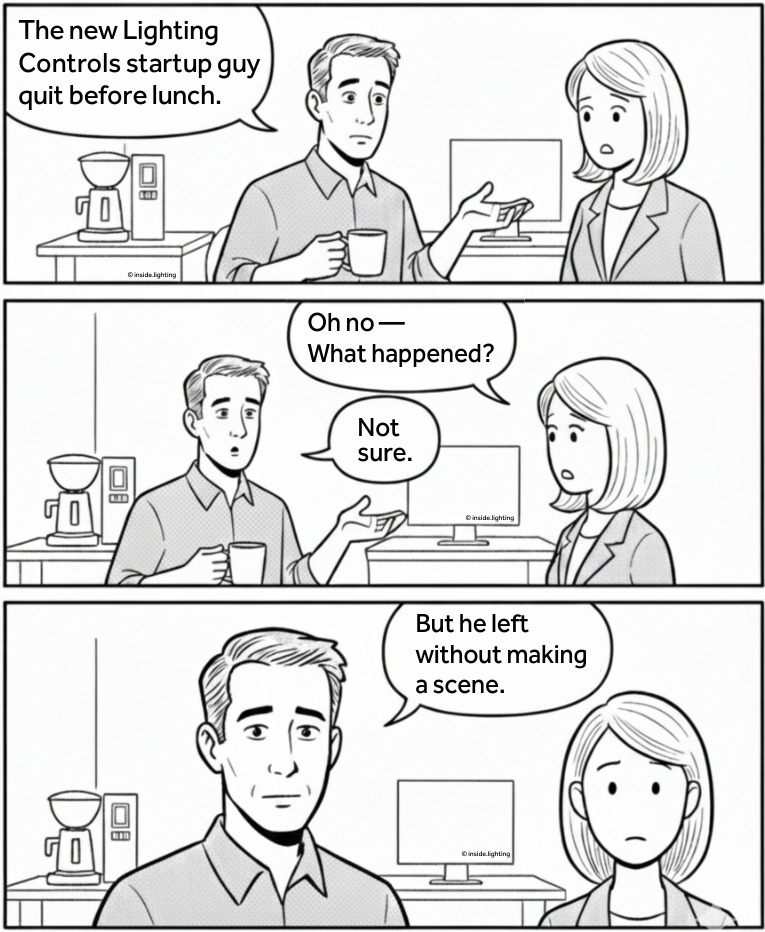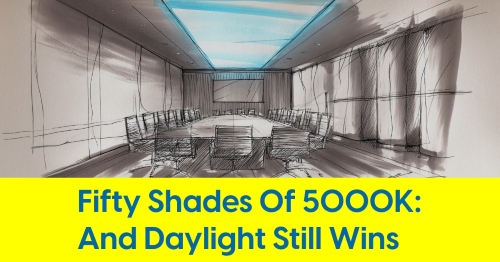September 18, 2024
Grants Awarded to Three Firms for Lighting Retrofit Innovation

BIOS, Luxtech and RTI International each secure $800K - $1M for lighting projects
The U.S. Department of Energy (DOE) announced the selection of 25 projects across 17 states to receive a combined $38.8 million in funding aimed at developing and demonstrating cutting-edge building technologies. The initiative, part of the Buildings Energy Efficiency Frontiers & Innovation Technologies (BENEFIT) program, seeks to advance decarbonization, enhance building resilience, and reduce energy costs in the U.S. building sector.
The awarded projects span a diverse range of cutting-edge technologies, including next-generation HVAC systems, building envelope retrofits, and sustainable lighting solutions. Notably, BIOS and Luxtech, both lighting technology companies, along with RTI International, a non-profit research institute, were recognized as grant recipients in the Commercial Lighting Retrofit category for their development projects aimed at advancing lighting technologies and applications.
Among other recipients are projects focused on HVAC systems, innovative water heating solutions. These projects contribute to the DOE’s overarching goal of reducing building emissions by 65% by 2035 and 90% by 2050.
A Spotlight on Lighting Innovation
The lighting category within the BENEFIT program focuses on retrofits that improve efficiency, sustainability, and the well-being of building occupants. Three companies—BIOS, LUXTECH, and RTI International—were awarded funding for their forward-thinking lighting projects that target both energy efficiency and human-centric design.
BIOS (San Diego, California) BIOS, a maker of biological lighting products, received $1 million for its “High-Efficacy Luminaire Platform Combining Visual and Wellness Application Efficiency” project. This initiative focuses on retrofitting commercial lighting systems to enhance both visual efficiency and physiological wellness. In partnership with Lumileds, BIOS is developing luminaires specifically designed for troffers, which are commonly used in schools, offices, and healthcare facilities. The luminaires incorporate novel phosphor chemistry to provide light that positively impacts mood, alertness, and overall homeostasis, contributing to healthier indoor environments without compromising energy efficiency.
Luxtech (Philadelphia, Pennsylvania) LUXTECH was awarded $1 million to develop sustainable lighting solutions through its “Low-Cost Sustainable Lighting Retrofit Solutions” project. The company is innovating by using recycled, local timber as an alternative to traditional metal or plastic materials for luminaire housing. This sustainable design will reduce the environmental impact of lighting fixtures, especially in retrofits of older buildings still using linear fluorescent lights. The project also aims to minimize the cost and complexity of lighting upgrades, making energy-efficient retrofits more accessible for community spaces such as schools and community centers.
RTI International (Durham, North Carolina) RTI International, a non-profit research institute, received $800,000 to support its “Sustainable, High-Efficacy, Commercial Lighting Fixtures with Materials Transparency” project. This project focuses on improving both the optical design and phosphor performance of commercial lighting fixtures to achieve unprecedented energy efficiency. In addition, RTI aims to maintain or enhance lighting quality without increasing glare, a common issue with high-efficiency lighting solutions. This project promises to bring high-performance lighting to community-oriented buildings while adhering to stringent sustainability standards.
Broader Impacts of the Funding
In addition to the lighting projects, the BENEFIT funding extends across four key areas: HVAC systems, low-cost roof and attic retrofits, building resilience, and capacity management. These projects are designed to address the challenges of decarbonizing U.S. buildings while also making advanced technologies more accessible and affordable. Projects such as those from Stepwise Electric and GTI Energy highlight innovations in HVAC and energy storage systems that are poised to enhance building performance while reducing reliance on fossil fuels.
The lighting projects from BIOS, LUXTECH, and RTI International aim to have significant impacts on commercial and community buildings, particularly in terms of improving both energy efficiency and occupant health. These companies aim to transform the way lighting is used in buildings, aligning with the DOE’s broader decarbonization goals.










